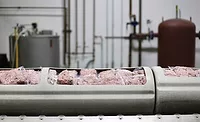The evolution of HPP
The evolution of HPP is one that includes enhanced packaging labels, improved consumer education and expanded reach.
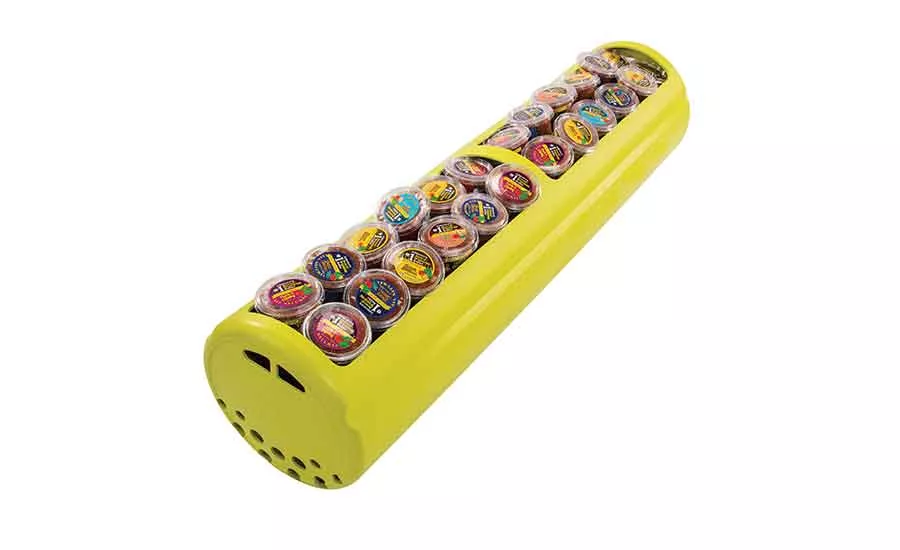
JBT/Avure sees HPP growth in ready meals, pet food, baby food, wet salads, dips and salad dressings.
High-pressure processing (HPP) is becoming more commonplace in refrigerated foods manufacturing plants. From beverages to dips to deli meats and other ready-to-eat (RTE) products, HPP extends shelf life while delivering an extra layer of food safety.
However, the evolution of HPP is one that includes enhanced packaging labels, improved consumer education and expanded reach. Take a journey on the progression of HPP, and discover what’s in store for 2019.
HPP expands into other markets
Guacamole and RTE meats have been the primary users of HPP technology for the past 15 years, according to Joyce Longfield, vice president of product innovation, Good Foods Group, Pleasant Prairie, Wis., and chairperson of the Cold Pressure Council, an arm of PMMI, The Association for Packaging and Processing Technologies, Reston, Va.
“In 2012, the HPP industry had one of the fastest category growths in beverages. HPP-treated juice accounts for ~20% of the category. The benefit of HPP-treated juice offers better taste and nutrient retention of raw fruits and vegetables vs. those using traditional heat pasteurization. These categories continue to grow in product demand with the increase in avocado products and the desire for clean label meats,” she adds. “However, a rapidly growing category for HPP is RTE meals in the refrigerated section. Again, this category desires clean label as well as is a high risk for foodborne illness, and HPP is a great solution to address both.”
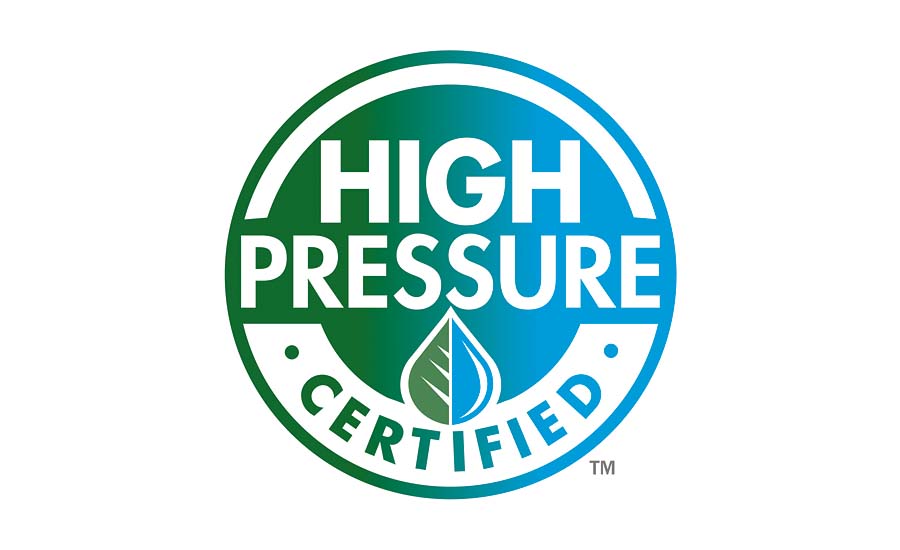
The Cold Pressure Council developed the High Pressure Certification seal to help identify HPP benefits.
Pet food is another growing market for HPP, especially in raw pet food, where the market has been affected by Salmonella and other food safety issues, says Mark Duffy, chief executive officer for Universal Pure, Lincoln, Neb.
“Pet owners are demanding fresh, non-processed foods for their pets,” he adds. “HPP is a proven means of creating a safer, cleaner label raw pet food, and manufacturers are taking advantage of the technology and its benefits. The ready-to-cook category is another category that is under-developed and under-penetrated. This will be a category that we expect to see strong growth near-term and long-term.”
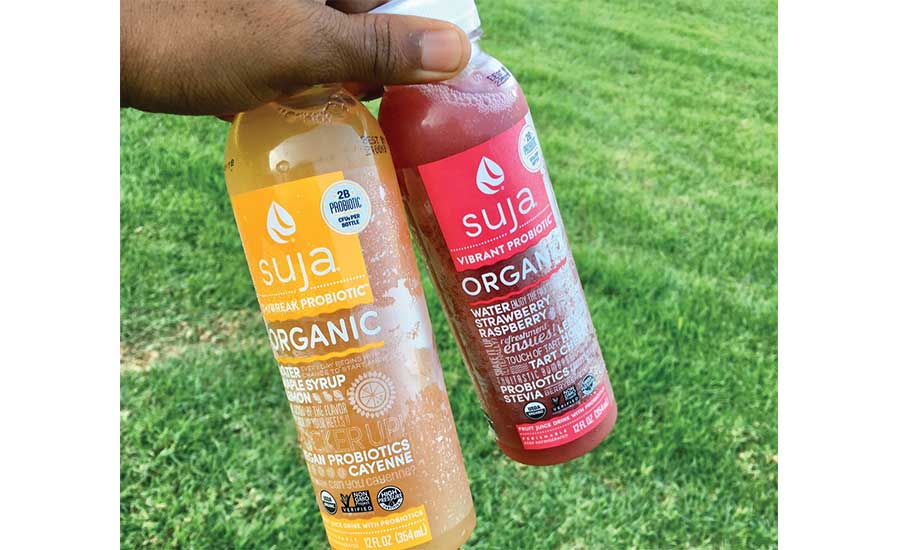
Suja Juice is said to be one of the first refrigerated beverage processors to display the High Pressure Certification seal.
Influx of e-commerce
The growth of e-commerce, coupled with increased consumer education and the introduction of the HPP Organic Seal all play a role in the progression of HPP and its ability to disrupt other grocery segments linked to freshness such as produce, salad dressings and refrigerated soups, says Brigitte Klene, senior brand manager for Suja Juice, Oceanside, Calif.
Looking for quick answers on food safety topics?
Try Ask FSM, our new smart AI search tool.
Ask FSM →
“HPP and refrigerated foods have the biggest e-commerce opportunities through local delivery and click-and-collect models,” adds Klene. “These e-commerce models are most relevant for full-basket grocery shopping. As consumer demand continues to increase for produce and freshness linked to the grocery store perimeter and refrigerated HPP products, these services will continue to grow exponentially, as they build capabilities for consumers who want to bring their grocery shopping online. Consumers will continue to want fresh and healthy refrigerated foods, and e-commerce businesses will grow to serve those needs.”
Likewise, brand owners currently using e-commerce platforms are eager to adopt HPP technology to help manufacture products with extended shelf life.
“This is a win-win for brand owners and consumers alike,” says Lisa Wessels, marketing director, Avure HPP for JBT Corp., Erlanger, Ky. “With extended shelf life, companies can ship all over the country, and in some instances, the world.”
E-commerce also supports the growth of HPP, as it’s an extension of the grocery store, says Sal Latella, managing partner for Latella Fresh, Bloomfield Hills, Mich.
“HPP tolling companies are becoming low-cost alternatives to companies like Amazon, as the HPP tolling company can ship direct to consumer and eliminate extra shipping to Amazon distribution sites and then to consumer.”
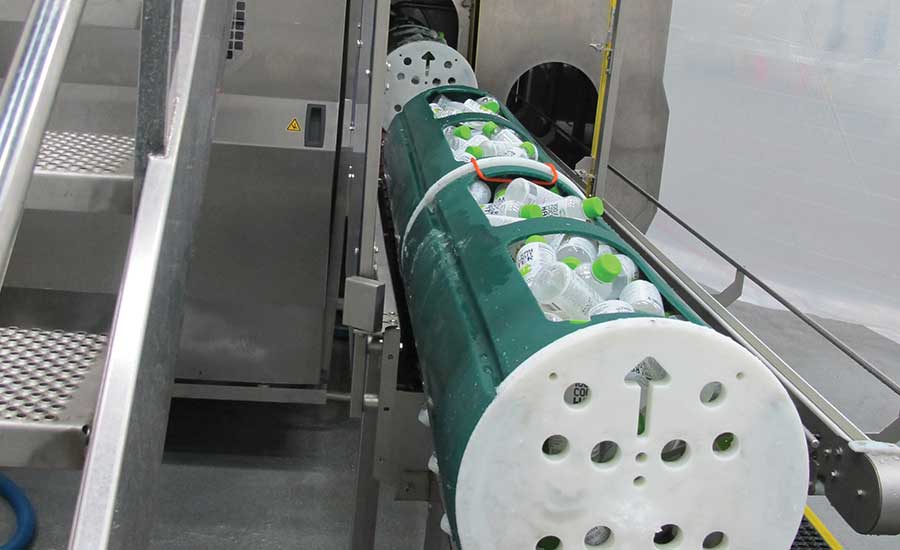
Lineage Logistics currently operates five machines in two locations and a temperature-controlled facility network that covers the entire U.S. marketplace.
Advancements in HPP equipment
The market for HPP equipment is projected to reach a value of $500.3 million by 2022, at a CAGR of 11.26% from 2016, according to a study produced by MarketsandMarkets, New York.
“I think this study, among others, show that HPP’s future is bright. As its awareness grows among manufacturers, retailers and foodservice companies, and with additional education about its benefits, more companies will embrace HPP as part of their food safety program and for its shelf-life benefits,” says Duffy. “With consumer demand for fresh foods and beverages showing no signs of stopping, HPP will lead the way in helping to produce fresh, safe, clean and nutritious food and beverage products for all to enjoy.”
For its part, Avure developed an HPP Food Science Laboratory to help companies create new products or optimize existing product formulations, receive packaging support and test out pathogen challenge studies and shelf-life studies, according to Wessels.
HPP toll processing is also expanding globally.
“These toll processors offer a great service to startup and small companies by high-pressure processing their high-value products, enabling them to expand their markets with the extended shelf life,” says Cem Yildirim, strategic market development manager, Multivac Inc., Kansas City, Mo. “This way, a low- to medium-volume need is met without the startup company having to make the significant capital investment of HPP equipment.”
Consumer education and clear labeling
As for consumer education, a majority of consumers may automatically assume that food sold in a store is deemed “safe” for consumption.
“But, the reality is that preservatives do not kill bacteria; they only prevent further growth, so if they are in there, they are still at risk of making someone sick. And, if they are not in there, then that refrigerated food is an even higher risk,” says Longfield.
That’s why the Cold Pressure Council, which consists of nine founding members, including JBT/Avure Technologies; Hiperbaric, Miami, Fla.; American Pasteurization Co., Wauwatosa, Wis.; Universal Pure, Villa Rica, Ga.; Suja Juice; Campbell Soup Co., Camden, N.J.; Evolution Fresh, Monrovia, Calif.; West Liberty Foods, West Liberty, Iowa; and Good Foods Group, developed The High Pressure Certification (HPC) seal, which is like the non-GMO Seal, in that a third-party organization verifies the product has undergone the HPP process.
Currently, the seal can be seen on Suja Juice and Evolution Fresh products.
“People are smart, and they are educating themselves about how their food and beverages are sourced and processed because it matters for their well-being. At Evolution Fresh, we are using The Cold Pressure Council’s first-ever, high-pressure certified seal as our way to help communicate our commitment to HPP,” says Ryan Ziegelmann, president, Evolution Fresh, a division of Starbucks Corp., Seattle, Wash. [Ziegelmann passed away shortly after this interview was completed.] “We strive to drive awareness and education of this excellent technology that brings fresh taste, nutrient retention and food safety to our products.”
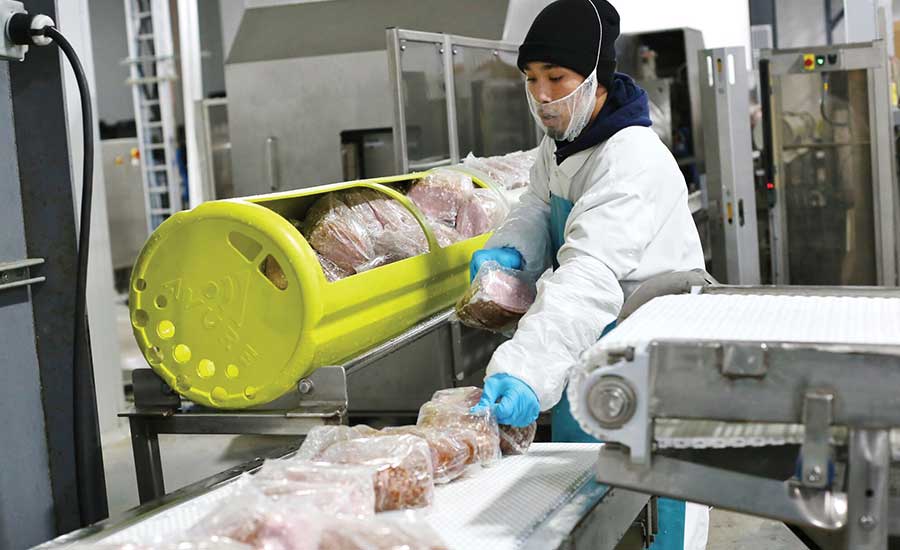
Universal Pure sees the ready-to-cook category as an under-developed and under-penetrated sector that will eventually experience strong growth thanks to HPP technologies.
While awareness of HPP benefits continues to grow, there is still a lot of room for consumer education.
That’s why Universal Pure announced the first ever HPP Summit Series, which brings together manufacturers, retailers, foodservice companies, regulatory, academic leaders and others in the HPP industry for a set of monthly webinars.
“We remain in the early stages of consumer education regarding the benefits of high-pressure processing. Consumers are so much more sophisticated and knowledgeable about the foods and beverages they consume [that] will benefit our industry because as consumers learn more about HPP, the understanding of the safety and quality benefits will positively influence consumer demand for HPP products,” says Duffy. “As more HPP users become certified to implement the seal, it will help educate consumers on the benefits of HPP and drive accelerated adoption of the technology.”
In fact, HPP is just a part of a bigger story about food safety and clean labeling, says Nicole Glenn, vice president of marketing and R&D for Applegate, Bridgewater Township, N.J.
“Consumers are becoming more educated about what they want and don’t want in their food, and companies need to respond,” adds Glenn.
Companies are also experiencing an increase of HPP labeling in foodservice, says Christopher Timmer, senior vice president, sales and value added services for Lineage Logistics, Colton, Calif.
“We’re certainly seeing this in foodservice, where an increasing number of quick-serve restaurants are changing from frozen to fresh products across their respective menus, but we’re also seeing it in retail where processors are starting to add HPP information to labels and provide their customers with educational materials,” he adds. “Additionally, there are a growing number of consumers who want to follow clean eating protocols and are looking for certifications like HPP to verify the purity of their food.”
Click here to learn more about HPP trends, products and technologies.




